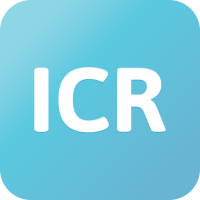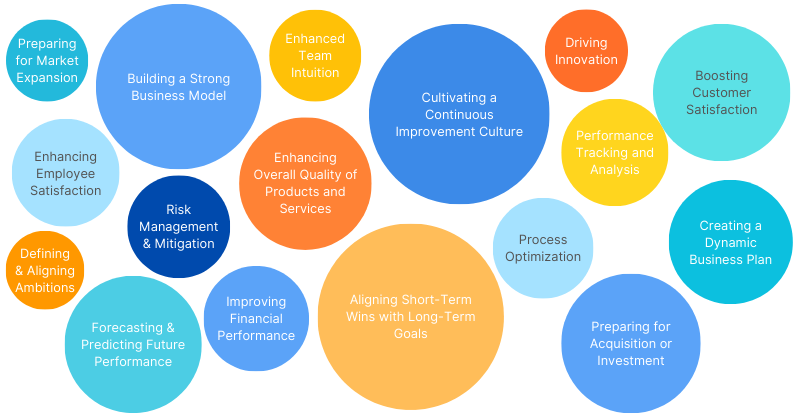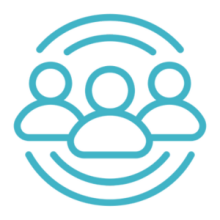
What is an ICT policy?
Master Your Purpose. Own Your Freedom. With ICR.
ICT policy is part of the strategic ICT plan and primarily focuses on the frameworks within which ICT tools implement the ICT strategy of your organization. This policy refers to the guidelines, strategies, and procedures that an organization implements to manage and optimize the use of ICT within the organization.
ICT stands for Information and Communication Technology, a field concerned with information systems, telecommunications, and computers. This includes the development and management of systems, networks, databases, and websites. The ICT policy covers various aspects, such as:
- guidelines on which hardware and software to use, how to purchase and maintain them, and how to manage upgrades and replacements.
- management of the network infrastructure, including security, access, and maintenance.
- procedures for storing, securing, and managing data, including backup and recovery.
- guidelines and measures to protect IT infrastructure and data against threats like malware, hacking, and data breaches.
- rules and procedures for the use of ICT by employees, including access rights, internet and email usage, and training.
- plans and procedures to ensure business continuity during ICT disruptions or crises.
Benefits of a good ICT policy
A well-developed ICT policy helps protect sensitive company data and systems from cyberattacks, data breaches, and other security incidents.
By establishing clear guidelines and standards, an organization can increase the efficiency and productivity of its employees. Everyone knows which tools and systems to use and how to use them correctly. A uniform policy also ensures consistency in the use of ICT within the organization, which can improve collaboration and communication between different departments.
By managing ICT expenses and planning purchases and upgrades, an organization can save costs and avoid unnecessary expenditures. Many sectors must also comply with specific regulations and standards regarding data protection and privacy (e.g., GDPR). A robust ICT policy aids in complying with these legal obligations.
Moreover, having an ICT policy helps identify and mitigate risks associated with the use of ICT, such as system failures, data loss, and security threats. It also helps leverage technological developments and innovations, enabling an organization to gain a competitive advantage and support its strategic objectives.
In summary, a well-developed ICT policy helps an organization effectively manage its IT resources, mitigate risks, and ensure a secure and efficient working environment.
Sustainable success through controlled and manageable growth
The ICR Growth & Success SaaS Platform helps people and organizations find balance and peace, through controlled and manageable growth, with the aim of a healthy and sustainably successful organization. We do this through the all-encompassing ICR Cycle.
Being inControl in this process from ambition to result is crucial. Within the ICR Cycle, inControl actually means controlled and manageable growth. The dashboard gives you insight into the current status. In the video below you can see how the dashboard transforms from the moment you start using ICR.
With our 4 ICR subscription options, you can decide for yourself when to fully engage with the entire ICR Cycle. Choose our successful approach and start your process 'from ambition to result' with the more than affordable ICR Ambition Refresher subscription.
General applications of the ICR Growth & Success SaaS Platform
The ICR Growth & Success SaaS Platform addresses a wide range of business needs, making it a versatile tool for organizations striving for sustainable success. Below is an overview of its general applications, along with the added value it provides for businesses and organizations.
Learn more about the general applications of the ICR Growth & Success SaaS platform.


